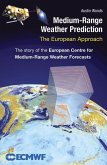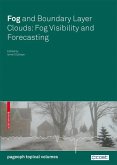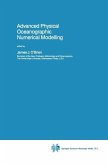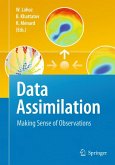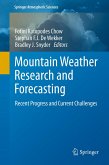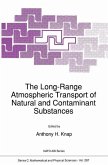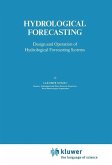Forecasting the weather for the long and medium range is a difficult and scientifically challenging problem. Since the first operational weather prediction by numerical methods was carried out (on the BESK computer in Stockholm, Sweden, 1954) . there has been an ever accelerating development in computer technology. Hand in hand has followed a tremendous increase in the complexity of the atmospheric models used for weather prediction. The ability of these models to predict future states of the atmosphere has also increased rapidly, both due to model development and due to more accurate and plentiful observations of the atmosphere to define the initial . state for model integrations. It may however be argued on theoretical grounds that even if we have an almost perfect model with almost perfect initial data, we will never be able to make an accurate weather prediction more than a few weeks ahead. This is due to the inherent instability of the atmosphere and work in this field was pioneered by E. Lorenz. It is generally referred to as atmospheric predict ability and in the opening chapter of this book Professor Lorenz gives us an overview of the problem of atmospheric predictability. The contributions to this book were originally presented at the 1981 ECMWF Seminar (ECMWF - European Centre for Medium Range Weather Forecasts) which was held at ECMWF in Reading, England, in September 1981.
Dieser Download kann aus rechtlichen Gründen nur mit Rechnungsadresse in A, B, BG, CY, CZ, D, DK, EW, E, FIN, F, GR, HR, H, IRL, I, LT, L, LR, M, NL, PL, P, R, S, SLO, SK ausgeliefert werden.
Hinweis: Dieser Artikel kann nur an eine deutsche Lieferadresse ausgeliefert werden.



